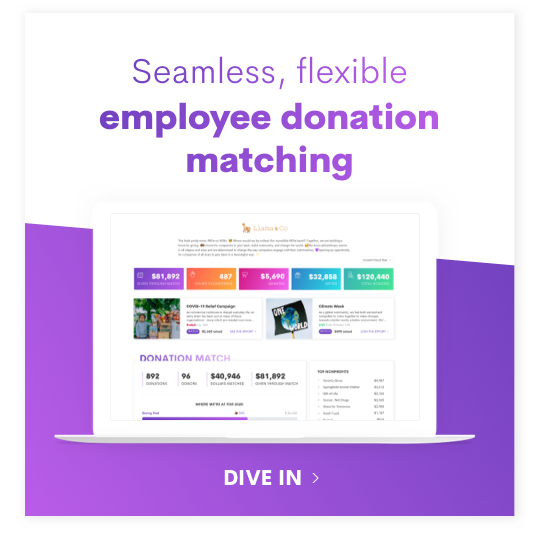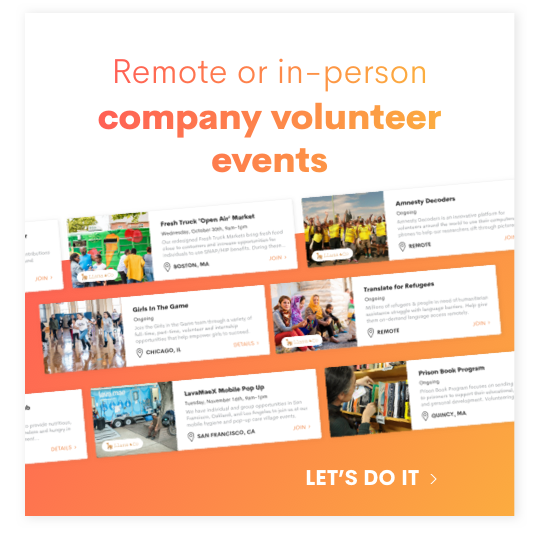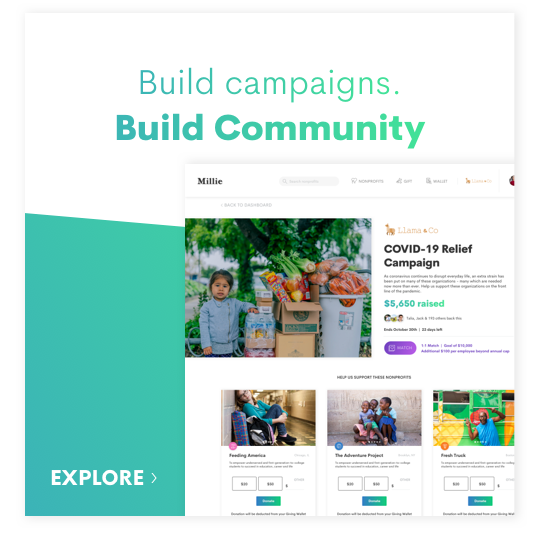We all know that no employee should be discriminated against due to their ethnicity, sexual orientation, gender identity, or religion. But even knowing this, it doesn’t always mean that the company we work with has promoted a company culture based on 100% inclusion. Building an inclusive culture is also about rooting out unconscious bias, building initiatives that reach out to all people, and involving people in the decision-making process who can help lead a company to full inclusiveness.
Even so, that doesn’t always mean the first steps are obvious. How can you promote diversity, equity, and inclusion (DEI) in your workplace? Here’s what you’ll need to know.
Why Equity and Inclusion are Just as Important as Diversity
Diversity is a good first step, but it’s not complete. The employee experience should be about more than just who is at your company. It should also be able retention: are you giving a diverse range of employees the equity and inclusion they need?
A fuller formula is DEI: diversity, equity, and inclusion. Including all three can lead to more employee engagement and employee retention. It can also lead to better morale among all employees, especially those who need to know that they’re working at a place that prioritizes equitable social values.
These days, businesses understand why diversity is important. Diversity means you’ve built a culture of acceptance and equality. But without equity and inclusion, it’s easy for employees to see diversity as simply another corporate initiative that lacks the true commitment of more thorough DEI efforts. With equity and inclusion, every employee can enjoy the feeling of investment and belonging that is so necessary to get good work done.
The work environment has to be a place where people feel a sense of “psychological safety”—in other words, they have to know that the corporate culture is so inclusive and equitable that they are free to be the best version of their professional selves. And this means going beyond the bottom line into the core of what makes a business a great place to work: the feeling of belonging.
It’s also important for companies to understand that equity and inclusion improve the company itself. When diverse teams can work toward building an equal opportunity company and an inclusive environment, the positive effects can reverberate all over the business: in the way companies set goals, launch new initiatives, and include more diverse talent in the C-suite.
What Are the Benefits of DEI In the Workplace?
The benefits of diversity aren’t difficult to see. And senior leaders understand that every variable of DEI is important. But that doesn’t mean they always know the specific benefits that a company can realize by making DEI a new priority. Let’s look at some of those benefits:
Adding input from stakeholders. As you increase your DEI, you also increase the exposure of every new initiative. A more inclusive corporate environment invites all sorts of perspectives for input on everything a company does. This has the added benefit of giving these initiatives a more well-balanced take before they’re put into practice.
New hires. The benefits of DEI aren’t only for current employees. As you strengthen your DEI, you’ll also attract new talent in familiar places liked LinkedIn. By highlighting that you have no pay gap, for example, your company can attract talent across the board. You can make your company a place where people want to work.
Increased trust from your employees. Employees and corporate governance can sometimes have an adversarial relationship. But building a company policy of inclusion can lead to more trust from every employee. A company that welcomes a broad diversity of backgrounds and perspectives will ultimately open itself up to new initiatives, thereby boosting the way employees perceive company culture.
An improved work culture. The workplace culture isn’t just a corporate buzzword. It’s what everyone who works for your company will experience every day they come in. Do they look forward to showing up to work? Do they look forward to team meetings on Zoom? Interactions on Slack? Just what is your work culture, and does it attract talent in a way that engages people and makes them feel passionate about their work?
Of course, an inclusive workplace has more benefits than just the above. In fact, DEI can create benefits that spread all over the company culture—often with advantages that make the inclusion efforts more than worth it. But it’s also about leadership, and knowing what kind of company you want to create.
Ways to Promote Diversity, Equity, and Inclusion in the Workplace
Building an inclusive workplace doesn’t happen by accident. Even if your heart is in the right place, you still need the specific tools at your disposal to implement these changes. One of the most powerful tools for change? The ERG, or Employee Resource Group.
Employee Resource Groups are typically voluntary groups, led by employees, who seek to create initiatives for expanding DEI in the workplace. They are now widespread in the Fortune 500, with over 90% of companies reporting that they use ERGs. Building an inclusive workplace should start with effective, inclusive strategies—not corporate leadership telling everyone in the company how things will be from here on out. ERGs are reliable ways to enact change in a way that the entire organization can accept.
Using a platform like Millie can help a company not only launch new employee volunteering efforts, but track the performance of these efforts. Part of incorporating inclusion in the workplace is building a company culture that cares about social equity and justice. With a platform in place, you’ll be able to launch new volunteering programs, giving campaigns, and ERGs that make employees proud to work where they do. A company isn’t inclusive until it increases engagement with all employees. And the path forward is utilizing ERGs to broaden your inclusivity while expanding the outreach of your company culture.



